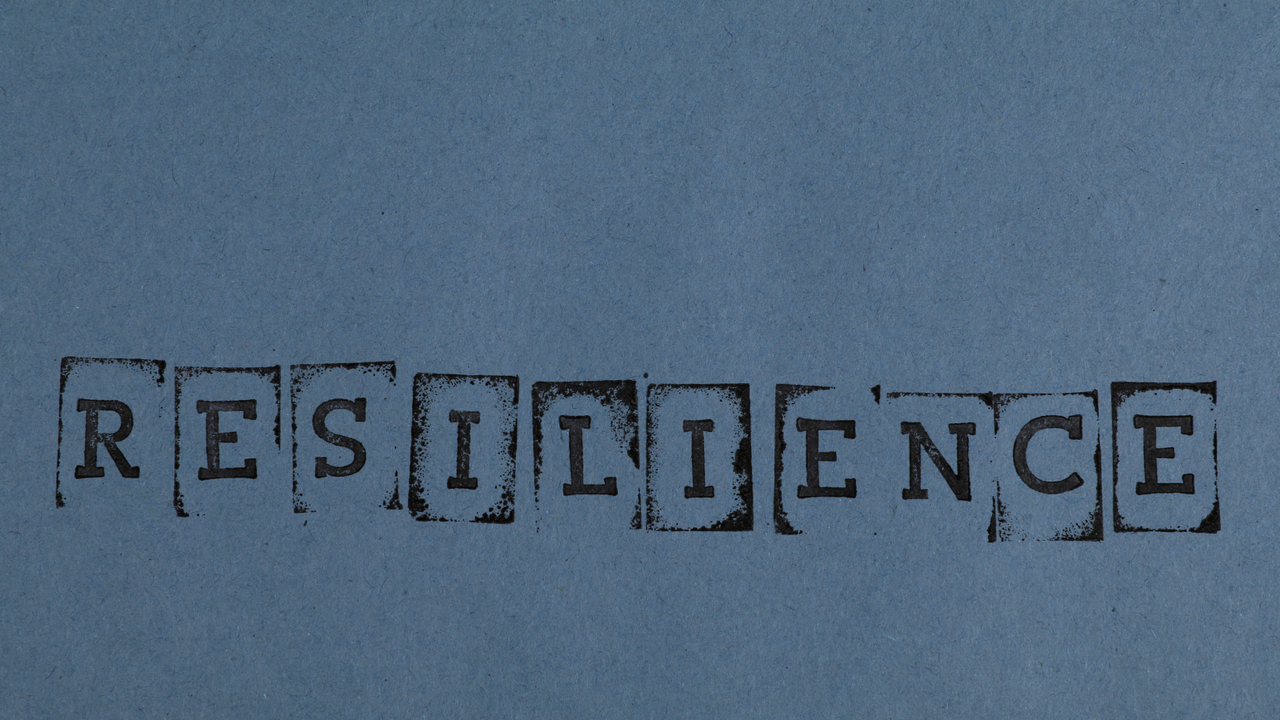Why Failing to Prioritize Recovery is Impacting Your Mental Health: Part Two

If you are just tuning in make sure to go back and read Part One. This will give you look at how the Nervous System is going to be central to both Recovery and Mental health. Now let's look at the link why we cannot talk about Athlete Mental Health without thinking about Recovery.
Recovery and Mental Health
Now lets see WHY an athlete needs to be prioritizing and making MORE of an effort to make this intentional down SHIFT in their nervous system after recovery. This is where we begin to link Recovery and Mental Health.
Have you ever looked at a typical college athlete’s life?
If not, let me paint a picture for you:
- Training every day (1 off day mandatory —- is it ever really off?)
- Many teams lift in season so add at least 1 lift (maybe more) on top of training
- Anywhere from 1-2 games per week (baseball is an anomaly)
- Outside of practice film review or individual sessions with coaches
- Team activities, community service, team bonding: things that many teams fac...
Why Failing to Prioritize Recovery is Impacting Your Mental Health: Part One

As a Mental Health therapist and Mindfulness and Performance coach I have worked with countless elite high school, college and professional athletes. More often than not the athletes and coaches I work with are driven, competitive and meticulous about their training both on and off the field. Yet, these same athletes and coaches fail to be as meticulous and prioritize recovery in the same way.
Athlete recovery is directly linked to mental heath and well being. We are moving in a time where mental health across many environments, including sport is gaining the attention it deserves yet athlete recovery is an absolutely CRITICAL piece to the athlete mental heath equation. This 3 part blog series aims to clarify the connection between the two.
Elite performance requires elite recovery. Hopefully through this series you will see why.
The Nervous System and Mental Health
The Nervous System is the foundation of our health and well being. Through the Nervous System our mind and ...
Balance Rumination

When we experience rejection and failure it is NATURAL to think about it. We are going to want to process it and as you have seen from my other principles I am a big fan of this. We need to process and we need to think. But what many of us experience post rejection and failure is actually rumination and THIS can be tough.
What is rumination? Rumination is when our thinking becomes a bit more obsessive, persistent and repetitive. Generally rumination has a negative tone and it creates anxiety for us. For me, it evokes physiological symptoms like an increase in my heart rate and feeling on edge. Rumination can be exhausting. But what differentiates rumination from processing is that it’s not really processing. You’re getting stuck. I love this description from Elizabeth Scott PhD (2020) “What distinguishes rumination from productive emotional processing or searching for solutions is that rumination doesn’t generate new ways of thinking, new behaviors, or new possibilities.” I SO r...
Process Your Emotions and Feelings

“If we don’t express our emotions, they pile up like a debt that will eventually come due.”
-Marc Brackett, PHD
Feel all the Feels.
We get clear on WHAT we’re feeling and we accept what we’re feeling but we have to actually do the feeling.
Unfortunately this is where more often than not we have to sit with our emotions and discomfort and allow time to heal. So. Freaking. Hard. But I promise this is THE only way.
Being Well with Dr. Rick Hanson and Forrest Hanson is an incredible podcast that I highly recommend. In a recent episode on navigating failure they described how the sooner we attend to our feelings when we face failure and rejection the better. Why? Because this is what both the mind and the body need. In order to move through and “regulate” our emotions in an efficient way we have to honor them and give ourselves permission to feel however we are feeling. Easier said than done.
One thing that can be incredibly helpful with this process is asking yourself WHE...
Accept What Is. Notice Resistance.

“The attempt to escape from pain, is what creates more pain.”
Gabor Mate
Accept vs Resist.
Let’s start with Resistance to our experience.
As Kristin Neff and Christopher Germer explain in their book The Mindful Self Compassion Workbook (2018) “what we resist, persists.”
What does it mean to resist our experience? We run from our emotions. We don’t like our experience. We deny our experience. We avoid, numb and block out what we actually feel. For me, resistance can look like trying to “rationally” or “logically” explain my way out of a feeling. Oftentimes I find myself adding more things than I can count to my schedule and running on “go go go” mode so that I don’t have TIME to stop and feel. I find myself avoiding being alone because when I am alone that means I actually have to be with myself and my feelings. I get irritated, I’m on edge and I find myself getting frustrated with simply having emotion. It’s all resisting.
We resist because feeling is hard. It is incr...
Redefining Resilient

By definition, resilient means:
- A person / animal able to withstand or recover quickly from difficult conditions (adj)
- Similar: strong, tough, hardy
- Substance/Object able to recoil or spring back into shape after bending, stretching, or being compressed
- Flexible, pliable, supple, elastic
In sport specifically we take this to mean being tough, having grit and being persistent. All good things in order to play competitive sport. These are almost precursors for being able to make it at the elite level. However what I think has happened is that athletes often try to embody this same toughness, grit and strength off the field when navigating all that life throws at them. These qualities along with constantly finding a positive attitude or finding the good in every situation (even when tragedy strikes) is what makes us resilient. This is what gets us through tough stuff, right?
Wrong.
Being resilient is less about being tough and more about being kind.
I am some...
What is Clinical Social Work?

As I finished yet another year of school this year and look towards my graduation in November of 2022, I thought it would be a good idea to write a piece about Clinical Social Work.
Several questions and comments I get when I tell people that I am getting a Masters in Clinical Social Work are:
“What is that?”
“How does Social Work have anything to do with sport and athletes?”
“So you’re going to take kids away?”
“Why didn’t you just do Sport Psychology?”
These are fair statements and mostly come from a place of simply not knowing. Clinical Social Work is a relatively new field compared to Psychology or even Counseling. There is a large misconception that Social Work is about taking children away from their families and helping the poor while making absolutely no money.
This is far from the full truth. I believe that society and more specifically the news play a large role in why this is the image attached to Social Workers. Time after time television shows and movies port...
Meditation. Where to Begin.

Meditation.
Where to even begin!
There are many ways to meditate and many different kinds of meditation. Deciphering where to start with a meditation practice can be difficult.
I am a huge fan of keeping things simple when you are just getting started with a meditation practice.
When I start working with athletes I encourage them to use what is called a Concentration meditation. This type of meditation helps us “train” our attention and focus. When we are practicing a Concentration meditation we use an anchor, such as the feeling of the body or the feeling of the breath. This anchor is the focal point for our attention. The goal here is to notice when we get distracted and then simply return back to our anchor.
I also encourage my athletes (or anyone who is just getting started with meditation) to start small. Try a Concentration meditation practice for 2-3 minutes. In many ways training the brain is just like training other parts of our body. When we start lifting or streng...
Why Mindfulness for an Athlete?

{As seen on and written for https://soccergrlprobs.com }
As I continue to navigate through my line of work and teaching Elite Athletes about Mindfulness, Meditation and Yoga, I do my best to take the time to explain WHY these practices are so important.
My response usually starts with a quote:
“Between stimulus and response there is a space.
In that space is our power to choose our response.
In our response lies our growth and our freedom.”
– Viktor Frankl
I found this quote about 2 months after being released from inpatient psychiatric care. At that point, I had spent almost a full year living panic attack to panic attack. I couldn’t work. I couldn’t leave my house most days. I was at a complete loss for how I was supposed to continue to live my life. When I eventually landed in inpatient care I felt like I had truly hit my rock bottom. I weathered that storm and when I made it out alive I made a promise to myself:
I would never let myself go back to that place ment...
Perfection. Fuel for the Inner Critic.

Perfect. The dictionary defines Perfect as being without fault or defect. Flawless.
We live in a world where perfect is the expectation.
I spend most of my time working with collegiate and professional athletes. I also spend a lot of time having conversations with coaches about their teams and athletes. I spend a lot of time watching practice, lift, training, and games. I observe, I listen and I analyze.
The language we use in and around our sport is crucial. So is the language we do not use. Language is not just important for how we communicate with other people but it is incredibly important for how we speak to ourselves. It is a constant dance of both internal and external messaging.
Is the word PERFECT always used or blatantly stated in and around our sport setting? No. To be honest I don’t hear many players or coaches express needing things to be perfect. Most of the time its the opposite. “We can’t be perfect, I know I can’t be perfect, I don’t expect perfection every ti...

